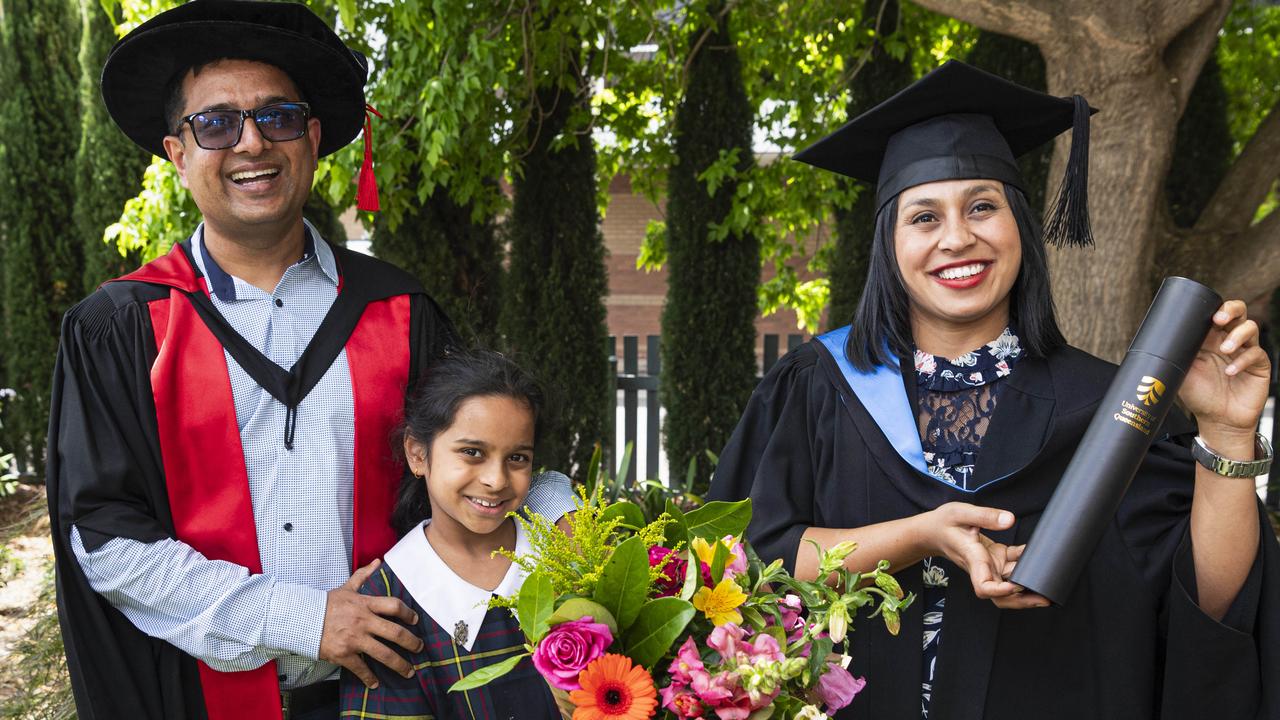Flathead movie: Award-winning ‘docufiction’ stares into soul of regional Queensland
The story of one man’s spiritual journey back to regional Queensland is making waves across the world, for its unique and compassionate depiction of rural life. Here’s how you can see it.
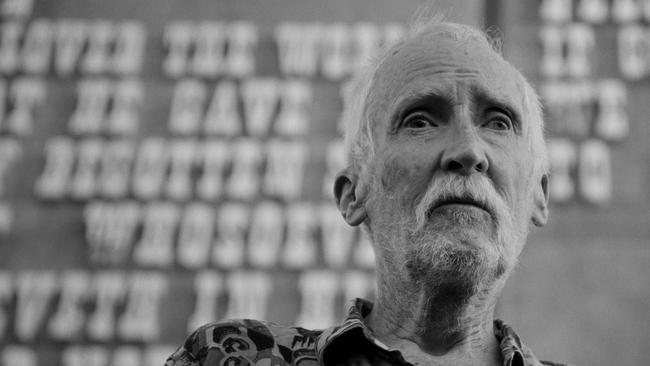
Toowoomba
Don't miss out on the headlines from Toowoomba. Followed categories will be added to My News.
When filmmaker Jaydon Martin first crossed paths with Cass Cumerford, he was already sharing his story for the digital age.
In a series of online videos, Martin found an elderly man breaking off fragments of his life for his social media followers.
The young filmmaker was enraptured.
He knew he needed to hear more of the ballad of Cass, and wanted to help him bring it to the world.
“At the core he’s just this beautiful old soul,” he said.
A few messages and an unpublished autobiography later, the idea for Flathead was born.
Flathead is the story of Cass’ spiritual pilgrimage back to his hometown of Bundaberg, which is unique both in its form and content.
It is classed as “docufiction”, a subgenre within the world of independent cinema.
As the name suggests, Martin’s film blends traditional documentary techniques with elements of narrative filmmaking.
While the events of the film may not always be true-to-life, they are true to the experiences of its subjects.
Martin’s film aims for a greater emotional truth that comes with giving his talent control and agency over their own story.
It creates an authenticity he believes is difficult to reach, and almost never seen in the documentary genre.
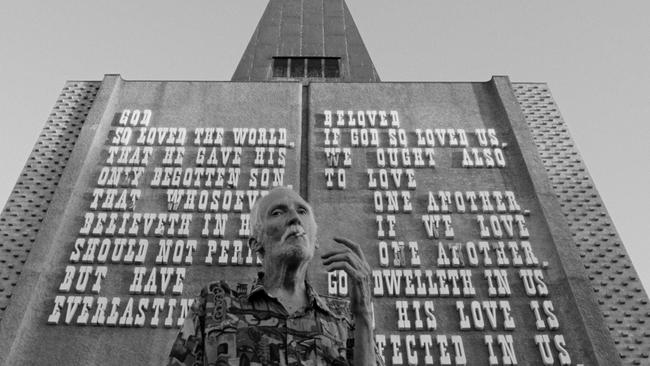
“It’s almost like a ballad, someone singing a song about their own life, it’s more poetic,” Martin said.
“It’s really beautiful because you can kind of stylise and blend cinematic techniques together and not have this ethical dilemma.
“I think particularly with what you consider documentary or observational documentary is highly fictionalised in the edit.
“It’s just the nature of film itself, you go out and film all this stuff and you bring it back to the editing suite. You’re pretty much fictionalising, carving out a narrative.”
Martin, born in the working-class suburbs of Logan, desired to tell a story that encapsulated his childhood experience.
He moved to the United Kingdom for the better part of a decade and returned home to film his first feature.
The parallels between his and Cass’ story were not lost on him.
“I wanted to make a film depicting working class Australia from the outset, and to depict masculine grief and spirituality and what that looked like,” he said.
“You want to come back home and you want to find all these things about your own childhood, your own family.”
Flathead was not without its roadblocks as Martin searched for the perfect vessel to explore the world of regional Australia.
His tight crew, often just the filmmaker and his director of photography, shot Flathead across two years.
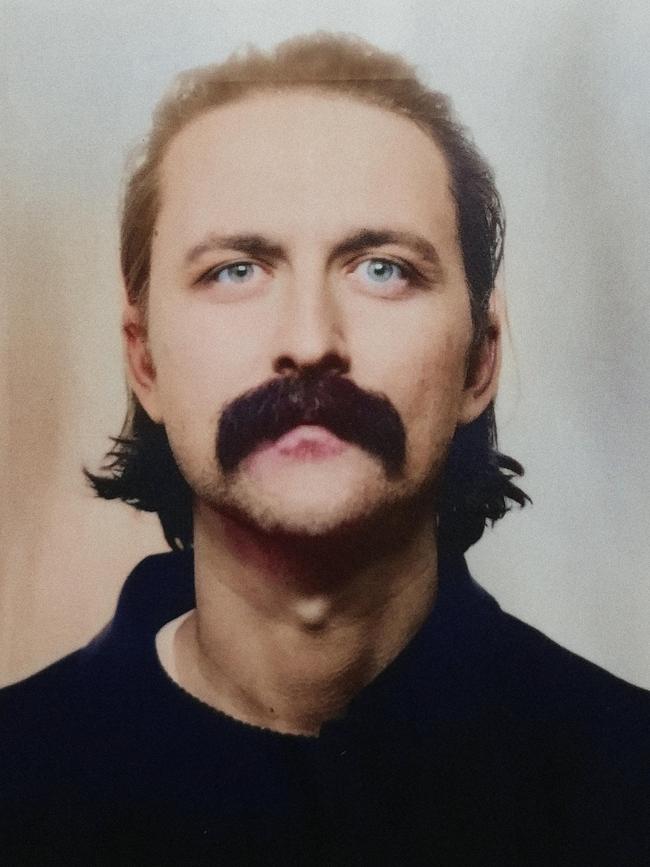
Martin traversed the town of Bundaberg, and in particular its watering holes, in search of talent that would complement the story both he and Cass were telling.
“Inherently people want to be heard, they want their stories to be told,” Martin said.
“Cass was so open to us. I’ll forever be in debt to him for how open during filming and how vulnerable of a performance he gave. That’s not lost on me.
“That extends to everyone we depicted. They gave me their souls and a really beautiful performance of themselves.
“It was my responsibility to give them a film … that would heighten what they already gave me.”
Set against the backdrop of Bundaberg’s well-known cane fields, Flathead also leans on regional iconography and characters to tell Cass’ universal story of belonging and spiritual connection.
“The main goal is to show people for who they are, warts and all, but in a very sincere way,” he said.
“Some people aren’t exposed to these areas or these people. They have a preconception of who they are and what they do.”
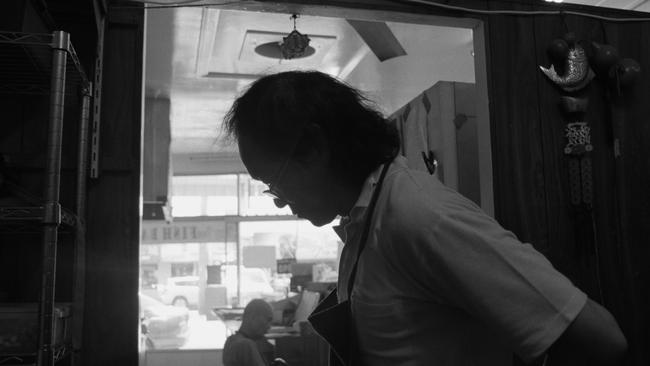
He hopes exposing viewers to the lived experiences of people in regional Australia ignites a compassion for these often-misunderstood parts of the country.
“They’re messy and they’re beautiful, and we need to take that into consideration,” he said.
“It’s really beautiful to give them representation.”
Flathead is already making waves across the independent film world.
Following its premiere at the International Film Festival Rotterdam, the film won the Tiger Competition Special Jury Award.
Martin himself took home the Blackmagic Design Australian Innovation Award at the Melbourne International Film Festival.
Flathead screenings are now making their way to regional Queensland.
It will be shown as part of the Travelling Film Festival in Toowoomba on Saturday, and screened for the first time in Bundaberg on Sunday afternoon.
It is a full circle moment for Martin after years of research, filming and editing.
“It’s coming at the tail end of the festival run. For me it’s going to be a nice bow at the end of this journey,” he said.
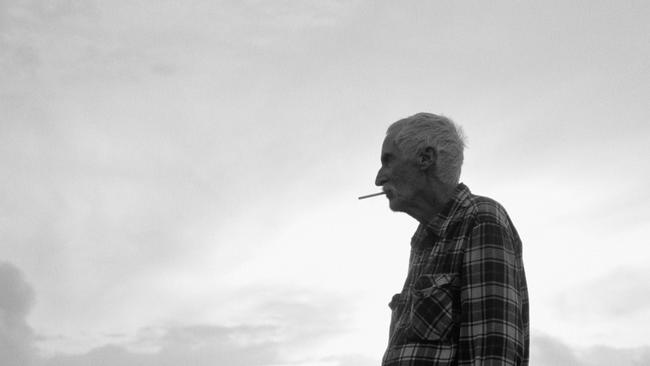
Screenings at the Travelling Film Festival on Friday to Sunday include Sing Sing, Black Dog and All We Imagine As Light.
To see the full schedule and buy tickets, head to sff.org.au.
Originally published as Flathead movie: Award-winning ‘docufiction’ stares into soul of regional Queensland


